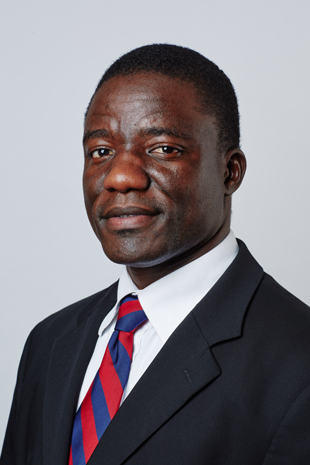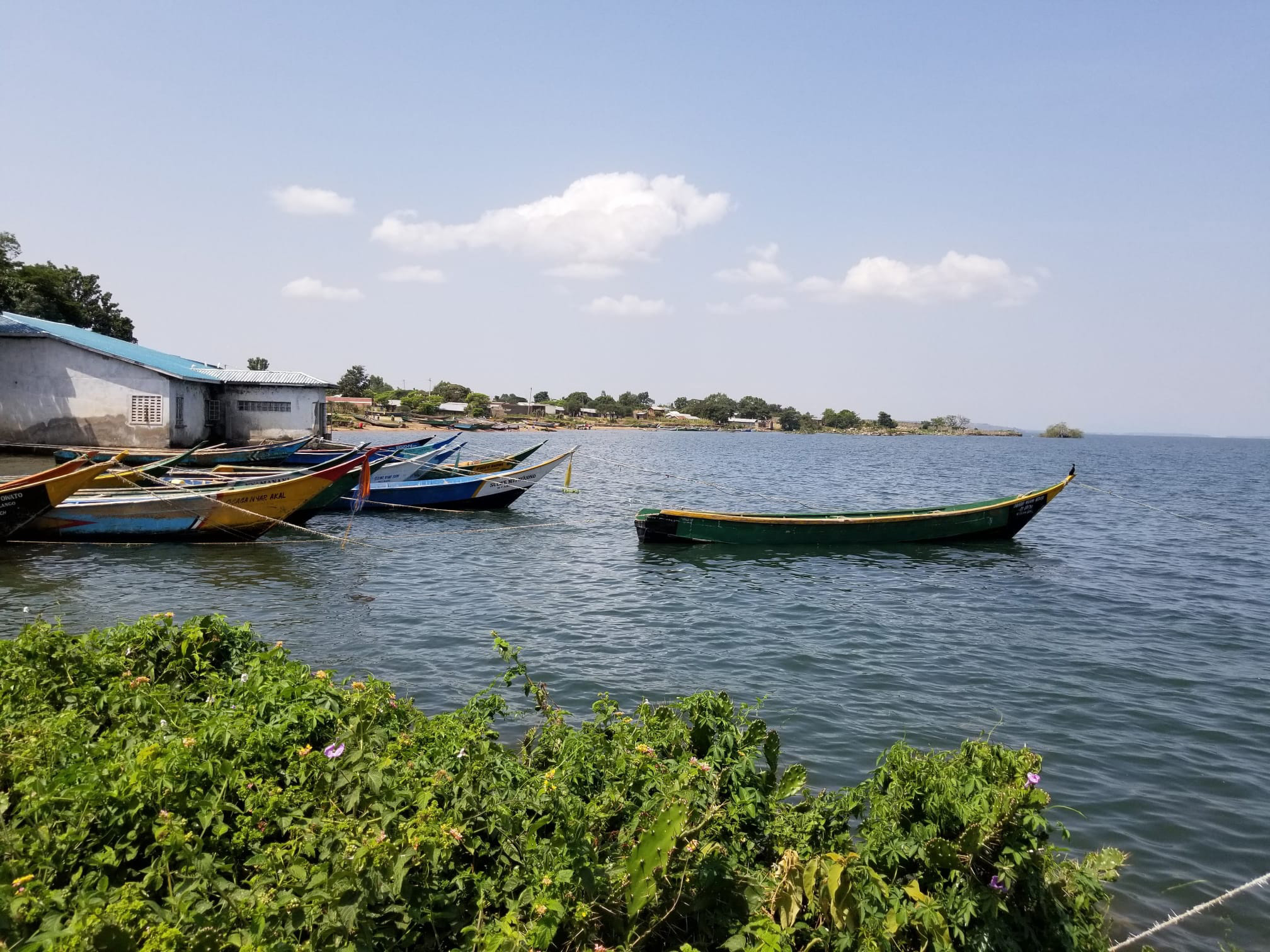
Lawrence Were traveled to western Kenya in 2021 to conduct a livelihood and health survey in rural Migori County, where most of the population lacks access to basic services like healthcare and schools. As he made his way along the shores of Lake Victoria, he noticed how flooding had displaced fishing communities.
Were, an assistant professor of health sciences at Sargent and global health at BU’s School of Public Health, knew that these communities already had some of the highest rates of HIV and AIDS in the world, in part because of jaboya—fishermen trading fish for sex. Lake Victoria’s fish stock has shrunk in recent years and catches have become less predictable, increasing the competition for what is caught—and incentivizing jaboya. Were wondered if climate change has accelerated risky sexual behavior and the spread of HIV.
“There are no studies yet that look at the intersection of climate change and transactional sex,” Were says. He and colleagues from BU’s College of Arts & Sciences and School of Public Health, as well as Johns Hopkins and the Kenya Marine Fisheries Research Institute, are working to change that.
To better understand the relationship between food insecurity, diminished fish supplies, and transactional sex, the researchers conducted a survey of fishermen and fishmongers in 2022. Among their findings: as fishing seasons and fish catches change with new weather patterns, there’s an increased incentive to use transactional sex until the fishing improves.
Were hopes this preliminary research will attract more funding so they can return to Lake Victoria to gather more data in Kenya and expand the study to neighboring Uganda and Tanzania. The work is urgent, he says, because the potential impacts are huge. Climate events, such as heavy rainfall, and reactions, like migration, have been linked to the spread of HIV. A 2020 study published in Climatic Change estimated that climate change could lead to an additional 11.6 to 16 million cases of HIV by 2050.
“We have to stay ahead of the storm,” Were says. “Health systems have to prepare for climate-related events.”
